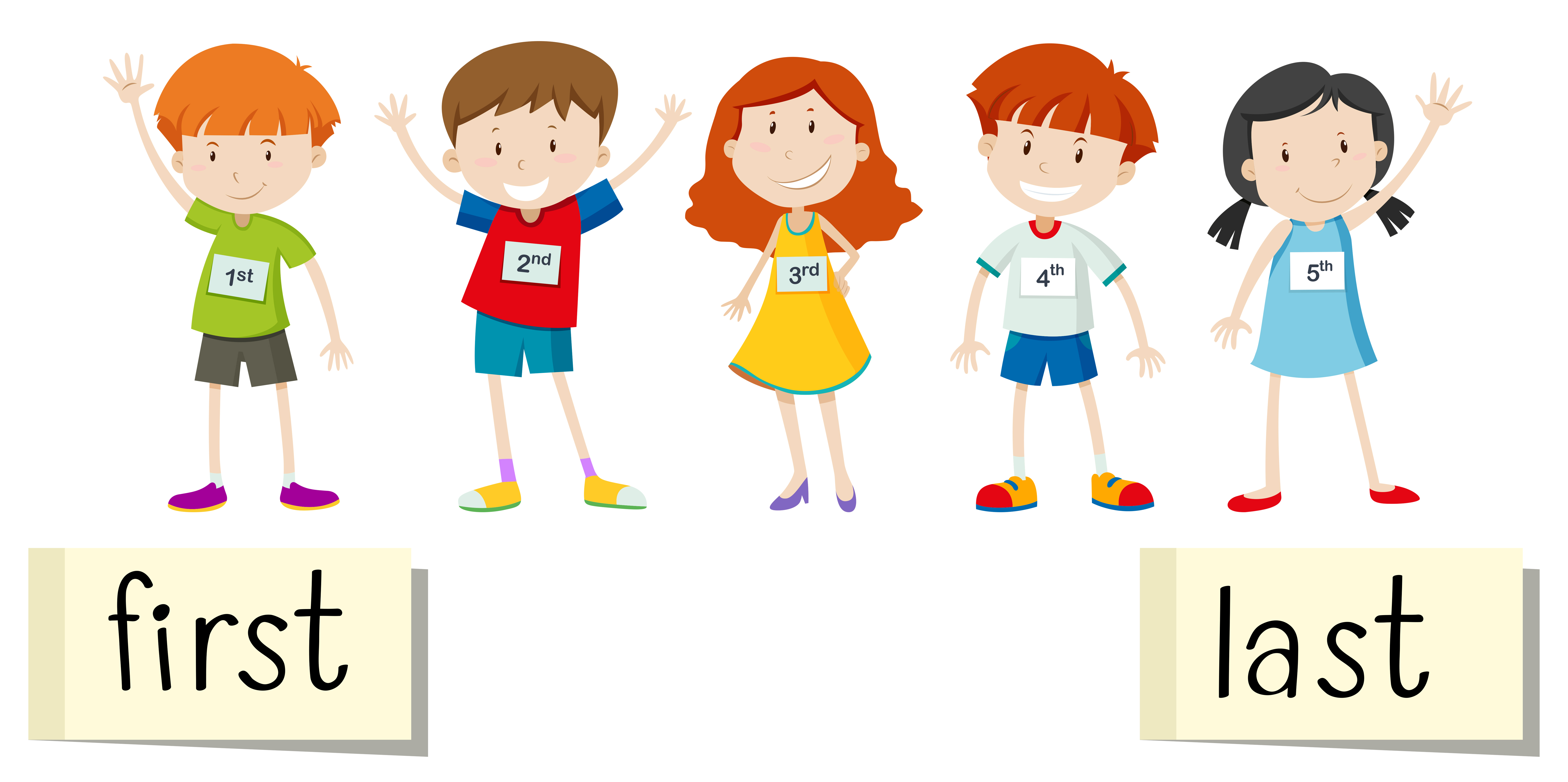The names people carry, particularly the family names passed down through generations, often hold a truly remarkable story, especially when we consider the diverse background of India. These identifying tags are more than just words; they are, in some respects, little pieces of history, telling tales of where someone's people came from, what they used to do, or even what beliefs they held. It is almost like each family name offers a tiny window into the very rich fabric of the nation's past, showing how communities grew and changed over countless years.
When you look closely at the way family names are used across this vast country, you might notice something quite fascinating. They are really a reflection of the many different ways people live and connect. You see, these names often point to specific regions, or perhaps to particular jobs a family once performed, or even to the social groups they were a part of. It is a system that, in a way, paints a picture of the deep-seated traditions and the varied paths people have taken through time, showing how identity has been shaped and carried forward.
So, understanding these names helps us grasp a bit more about India itself. It is not just about knowing what someone is called; it is about appreciating the layers of meaning behind those sounds. Each family name, you could say, is a small yet powerful link to a heritage that stretches back for ages, offering a chance to connect with the collective memory of a truly ancient land. It is, you know, a pretty cool way to explore culture.
- Questions To Ask Your Girlfriend
- How Old Is Patrick Duffy
- Lil Durk Wife
- Happy Birthday Wishes And Prayers
- Queen Khamyra Age
Table of Contents
- What Stories Do Last Names in India Tell?
- The Many Beginnings of Indian Family Names
- Are Last Names in India Tied to Social Groups?
- How Do Regions Shape Last Names in India?
- Changing Times and Family Names in India
What Stories Do Last Names in India Tell?
A family name, you know, is more than just something people use to identify one another. In India, it often holds a lot of information, like a tiny history book carried by each person. These names can hint at where a family originally settled, perhaps a specific village or a particular part of a state. They might also suggest the kind of work someone's ancestors did, like a craft or a trade. So, too, they can indicate a person's social standing from long ago, or even their religious background. It is really quite something how much can be packed into just a few syllables, giving you a glimpse into a person's heritage and the journey their family has made through the years. It is, in some respects, a living record.
Consider, for instance, a name that ends with "wala," which often suggests someone who made or sold something. Or perhaps a name that points to a specific caste, which was a traditional social group. These elements are not just random; they are deeply woven into the very fabric of Indian society, reflecting how people organized themselves and how their lives were structured. It is, you know, a system that has been around for a very long time, evolving with the people themselves. Each name, in a way, is a small piece of a much larger puzzle, helping to piece together the collective story of a vast population.
The Many Beginnings of Indian Family Names
The origins of family names across India are, frankly, as varied as the land itself. There is no single source or simple explanation for how these names came to be. Instead, they sprang from many different aspects of life, reflecting the diverse ways people lived, worked, and interacted with their surroundings. Some names might have come from the places people called home, while others were born from the jobs they performed. Still others were linked to the social groups they belonged to, or perhaps even the spiritual beliefs they held dear. It is a rather complex mix, showing just how rich and intricate the development of identity has been over many centuries. You see, it is really quite a fascinating subject.
Geographical Roots of Last Name in India
Many family names in India are, quite literally, rooted in the ground where people lived. Imagine a family that came from a specific village or a particular region; it was very common for them to adopt the name of that place as their own identifying tag. For example, someone whose ancestors were from the city of Mumbai might have the family name "Mumbaikar," which simply means "from Mumbai." Or, perhaps, a name like "Puri" could indicate a connection to the city of Puri. This practice helped people distinguish themselves and also showed a strong connection to their homeland. It is, basically, a straightforward way of saying, "This is where my people are from." This kind of naming, you know, helps keep a sense of place alive through generations.
These place-based family names are not just about large cities, either. They can also point to smaller towns, rivers, mountains, or even specific types of landscapes. A name like "Deshpande," for instance, often means someone who held a position related to a district or region. It is a way of carrying a bit of the land with you, wherever you might go. This tradition, you know, really emphasizes the deep bond people felt with their immediate surroundings and the importance of their local community. It is a pretty common way for a last name in India to come about, showing a very direct link to a particular spot on the map.
Work-Based Last Names in India
Another common way family names came into being in India was through the work people did. If someone's family was known for a particular craft, trade, or profession, that job title often became their identifying name. Think about names like "Patel," which traditionally referred to a village headman or a landowner. Or "Sharma," which often meant a priest or someone learned in religious texts. These names were a straightforward way to recognize a family's role within their community. It is, you know, a very practical approach to naming, linking a person directly to their contribution to society. This practice, you see, was pretty widespread.
So, too, you find names like "Mehta," often associated with accountants or clerks, or "Chaudhary," which could mean a leader of a group of villages. These occupational family names tell a story of economic activity and social structure. They give us a glimpse into the division of labor that existed in past societies and how people earned their living. It is, in some respects, a clear reflection of the daily lives of ancestors, showing what they spent their days doing. The last name in India, when it comes from a job, truly provides a window into the working world of previous generations, giving us a very real sense of their place in the community.
Are Last Names in India Tied to Social Groups?
Yes, quite often, family names in India are indeed connected to social groupings, or what are traditionally known as castes. While the caste system is a complex and sensitive topic, and its influence has changed over time, many family names historically indicated a person's membership in a particular group. These groups were often associated with specific occupations or social roles. So, you know, a name could immediately tell others about a family's traditional standing or their ancestral profession. It is a system that, basically, provided a framework for society for a very long time, and its marks are still present in naming conventions. This aspect of the last name in India is, arguably, one of the most discussed.
It is important to remember that while these connections exist, modern India is, in a way, moving towards a more fluid social structure. Yet, the historical links remain visible in many family names. These names serve as a kind of historical marker, reminding us of the intricate social organization that once defined much of life. They are, in some respects, a testament to the enduring nature of cultural practices, even as society itself adapts and evolves. You might find, for instance, names that clearly belong to certain traditional communities, providing a direct link to a long-held heritage. This is, you know, a pretty deep part of the cultural background.
Ancestral Connections in Last Name in India
Many family names in India are also directly linked to a person's ancestry, often pointing to a revered forefather or a significant clan. Sometimes, a name might be derived from the name of a prominent individual who founded a lineage, or perhaps a leader who achieved something notable. This way of naming truly emphasizes the importance of family lines and the respect for those who came before. It is, in a way, a continuous thread connecting the present generation to their distant past, a reminder of where they truly come from. So, too, these names carry a sense of collective identity and shared heritage, fostering a feeling of belonging within a larger family group. It is, you know, a pretty strong bond.
These ancestral names are not just about individual people; they often represent entire family units or even larger kinship groups. They help to maintain a sense of continuity and tradition, ensuring that the stories and achievements of past generations are not forgotten. For instance, some names might reflect a specific clan or a sub-caste that branched off from a larger group, carrying forward a distinct identity. This kind of last name in India really highlights the deep value placed on lineage and the idea of a shared family history. It is, basically, a way of honoring those who laid the groundwork for future generations, keeping their memory alive through the very names people bear.
Religious Influences on Last Name in India
Religion has, quite naturally, played a very significant role in the formation of family names across India. Many names have clear ties to specific faiths, reflecting a family's spiritual beliefs or their connection to religious figures, texts, or places. For example, names like "Singh" (often associated with Sikhism, meaning 'lion') or "Khan" (common among Muslims, often meaning 'ruler' or 'leader') are widely recognized as having strong religious or community associations. These names are not just labels; they are, in some respects, markers of religious identity, providing a sense of belonging within a faith community. It is, you know, a very common way for a last name in India to be influenced.
Similarly, names derived from Hindu deities, holy rivers, or sacred texts are also quite prevalent. A name might, for instance, come from the name of a god or goddess, or perhaps a revered sage. This practice shows the deep integration of spiritual life into everyday identity. It is a way for people to express their devotion and their connection to their religious heritage through their very name. So, too, these names help to reinforce community bonds and shared cultural practices linked to specific faiths. This kind of naming, you see, truly underscores the profound impact of religion on personal and family identity throughout the country's history. It is, arguably, a powerful expression of belief.
How Do Regions Shape Last Names in India?
The way family names are structured and used changes quite a bit as you move from one part of India to another. Each region, you know, has its own unique naming traditions, which are often influenced by local languages, historical events, and cultural practices. For instance, in some southern states, it is common for people to use their father's first name or their village name as their last name, rather than a fixed family name passed down through generations. This is, basically, a different approach compared to, say, northern India, where fixed family names are very much the norm. So, too, the sounds and spellings of names can vary significantly depending on the regional language spoken, giving a distinct flavor to the last name in India from that area. It is, in some respects, like a linguistic map.
You might find, for example, that names in Bengal often end with "Das" or "Ghosh," while in Maharashtra, "Patil" or "Deshmukh" are quite common. In Punjab, "Singh" and "Kaur" are very widespread. These regional patterns are not just random; they reflect centuries of distinct cultural development and linguistic evolution. They are, you know, a clear indication of the incredible diversity that exists within the country. Understanding these regional variations helps us appreciate the rich tapestry of Indian identity, showing how local customs have shaped something as fundamental as a person's name. It is, basically, a pretty fascinating aspect of cultural study, showing how deeply rooted identity can be.
Changing Times and Family Names in India
Just like everything else, family names in India have, you know, not stayed exactly the same over time. They have changed and adapted, reflecting the shifts in society, migration patterns, and even personal choices. In earlier times, names might have been very strictly tied to social groups or occupations, but as people moved to new places or took on different kinds of work, these connections sometimes became less rigid. For instance, someone whose ancestors were traditionally farmers might now be working in technology, yet they might still carry a family name that hints at their agricultural past. It is, basically, a sign of how tradition and modernity can coexist, even in something as personal as a name. This evolution of the last name in India is, arguably, quite interesting.
Also, with increased movement between cities and countries, and with more inter-community marriages, people sometimes choose to adopt different naming conventions or even combine elements from various traditions. There is, you know, a growing sense of individual choice in how names are used, moving beyond strict historical rules. While the deep roots of family names remain important, there is also a recognition that identity can be expressed in new ways. So, too, the very idea of what constitutes a "last name" can be quite fluid in different parts of India, adapting to contemporary life. It is, in some respects, a living system that keeps on changing, showing how personal identity is always, in a way, being reshaped.
- Divergent Series Order
- Queen Khamyra Age
- 70s Men Hairstyles
- Who Is Joie Chavis Kids Fathers
- Women Country Singers


